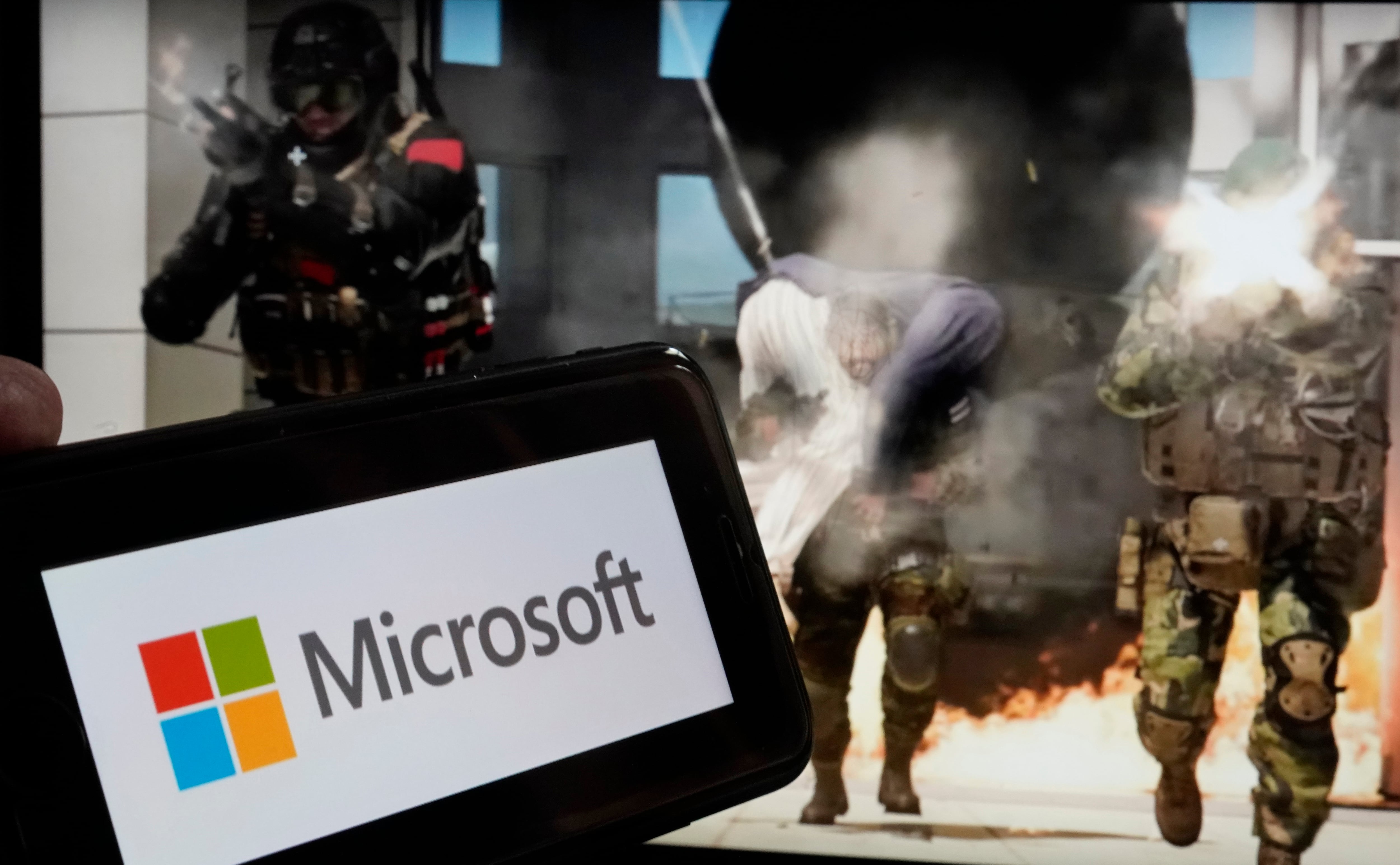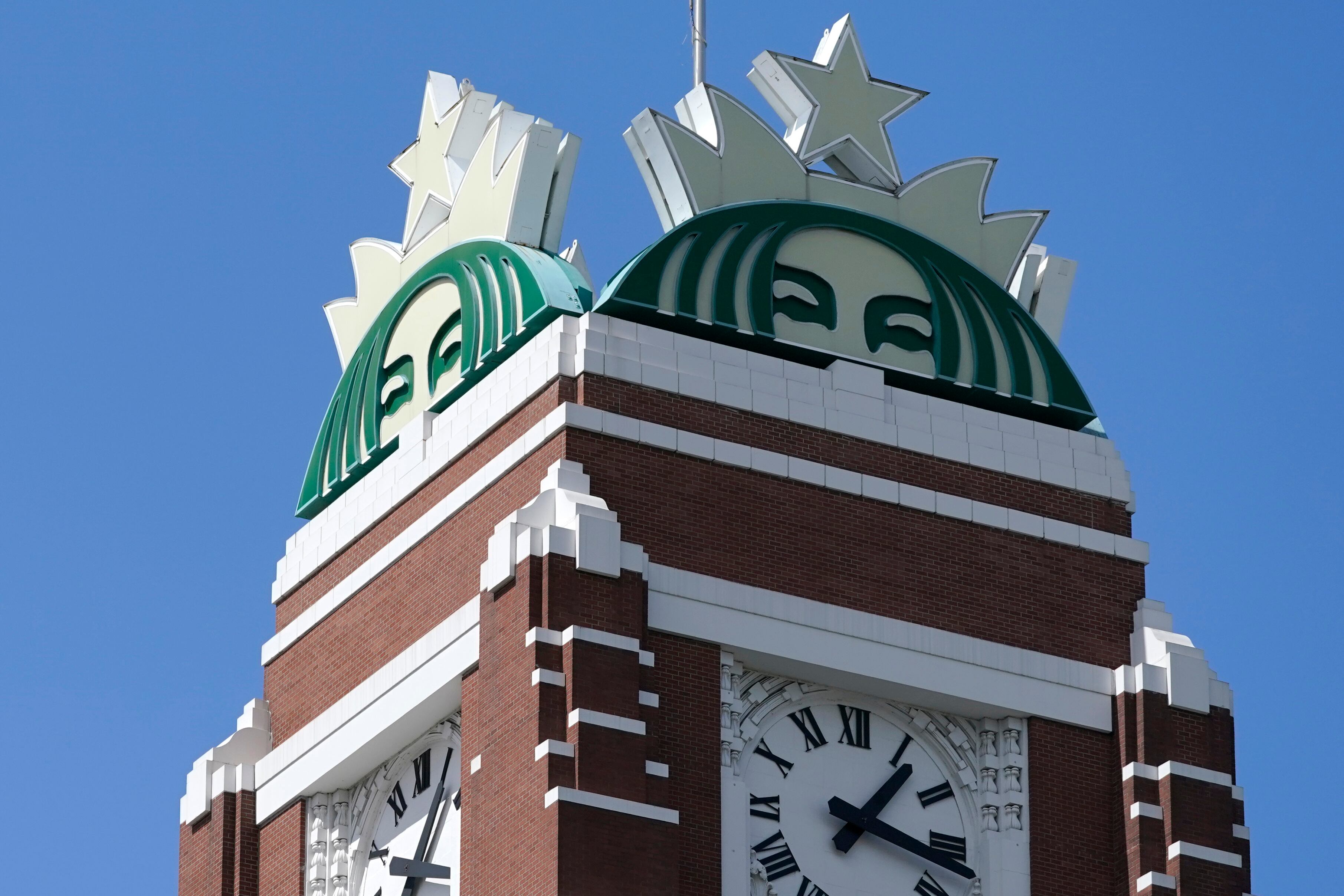The Republican-controlled Federal Trade Commission is abandoning a Biden-era effort to block Microsoft’s purchase of “Call of Duty” video game maker Activision Blizzard.
In an order issued Thursday, the FTC said it had determined that “the public interest is best served by dismissing the administrative litigation in this case.”
It was the second time in one day that the FTC pulled out of litigation begun during the Biden administration. Earlier Thursday, the FTC said it was dismissing a lawsuit against PepsiCo that was filed by the Democratic-controlled FTC in January.
Microsoft announced a $69 billion acquisition of Activision in January 2022. It’s one of the most expensive tech acquisitions in history and was designed to boost sales of Microsoft’s Xbox gaming console, which has lagged in sales behind Sony’s PlayStation and Nintendo.
In December 2022, the Federal Trade Commission – then led by Democratic Chairwoman Lina Khan -- sued to temporarily block the acquisition, saying it would let Microsoft suppress competitors who want access to Xbox and its subscription content.
In July 2023, the U.S. District Court in Northern California denied the FTC’s request to pause the acquisition, but the FTC appealed. Earlier this month, a federal appeals court also denied the FTC’s request.
In the meantime, Microsoft completed its purchase of Activision in October 2023 after it won approval from Britain’s competition watchdog, which had also considered blocking the merger.
Brad Smith, Microsoft’s vice chairman and president, said Thursday in a statement on X that the decision is a victory for video game players and for “common sense in Washington D.C.”
“We are grateful to the FTC for today’s announcement,” Smith said.
Khan stepped down from the FTC when President Donald Trump took office in January, and Trump fired Democratic Commissioners Rebecca Slaughter and Alvaro Bedoya in March. Bedoya and Slaughter have sued the Trump administration, saying their removal was illegal.
Right now, the FTC is made up of three Republican commissioners, and it’s unclear when the two Democrats on the commission will be replaced. The FTC said Friday that it had no comment.
In the PepsiCo case, FTC Chairman Andrew Ferguson said the Biden-era FTC rushed to authorize a case just three days before Trump’s inauguration. He said Thursday that the case, which alleged that PepsiCo was violating the law by giving unfair price advantages to Walmart, was a “dubious political stunt.”
But the FTC hasn’t stood in the way of some Biden-era policies. Earlier this month, a rule the FTC announced in December requiring ticket sellers, hotels, vacation rental platforms and others to disclose their fees up front went into effect.













